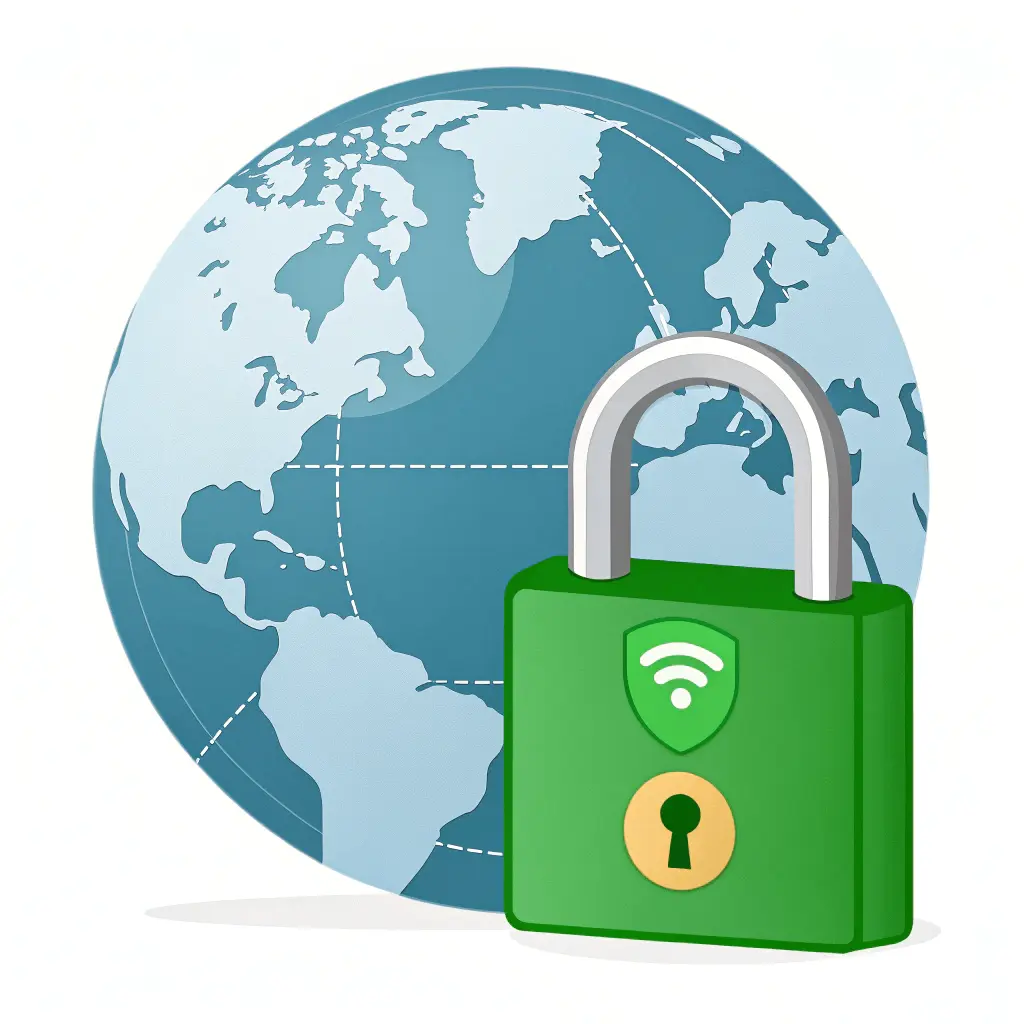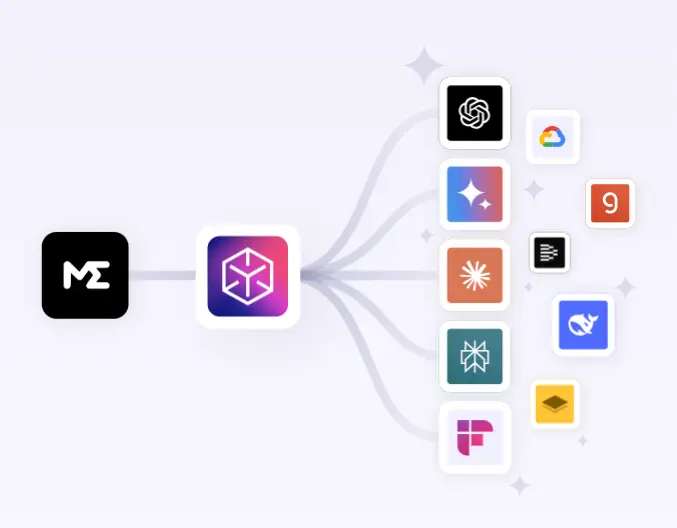
In a world where digital privacy is becoming increasingly fragile, the need for a virtual safe space has never been more urgent. Whether you’re browsing the web from your local café, ordering custom screen printed shirts online, or accessing work emails abroad, the threat of data interception looms large. This is where VPNs (Virtual Private Networks) come into play — silent guardians of our digital identities.
Many individuals even begin their journey toward secure browsing with a free VPN, only to later explore more advanced features in professional services. Among the emerging names offering robust and user-friendly privacy solutions, VPNLY has steadily built a reputation for protecting online anonymity without complicating the user experience.
What Is a VPN?
A VPN, or Virtual Private Network, is a technology that creates a secure and encrypted connection between your device and the internet. Essentially, it acts as a tunnel that hides your online activity from prying eyes — whether they be hackers, corporations, or even government surveillance bodies.
When you connect to a VPN, your data is rerouted through a secure server, and your IP address is replaced with one from the VPN server. This makes it difficult for websites and services to track your real location or monitor your activities.
Why People Use VPNs
The rise in VPN usage isn’t just a trend — it’s a necessity in today’s data-driven age. People turn to VPNs for a multitude of reasons, each rooted in a desire for freedom, privacy, or accessibility.
1. Privacy Protection
Every click you make online leaves a digital footprint. Without a VPN, your internet service provider (ISP) can monitor and log your browsing habits. A VPN encrypts your data, ensuring that even your ISP can’t see what you’re doing online.
2. Public Wi-Fi Safety
Public Wi-Fi networks, while convenient, are notoriously insecure. They’re fertile grounds for cybercriminals looking to intercept data. A VPN creates a private tunnel over a public network, shielding your information from potential threats.
3. Bypassing Geo-Restrictions
Whether it’s accessing a favorite TV show unavailable in your region or researching content from another country, geo-blocks can be frustrating. VPNs allow users to connect through servers in different countries, unlocking content that might otherwise be restricted.
4. Avoiding Censorship
In countries where internet freedom is restricted, VPNs offer a way to bypass government-imposed firewalls and access the open internet. This is particularly crucial for journalists, activists, or anyone seeking unbiased information.
5. Secure Remote Work
The shift to remote work has heightened the need for secure communications. VPNs allow employees to connect safely to corporate networks, minimizing the risk of data breaches or unauthorized access.
How Does a VPN Work?
To understand a VPN’s function, consider the internet as a busy highway. Normally, your data travels directly from your device to the website you’re visiting — open to monitoring or tampering. With a VPN, your data first travels to a VPN server via a secure tunnel, is encrypted, and then sent to its destination.
Here’s what happens under the hood:
- Encryption: Your data is scrambled using advanced algorithms.
- Tunneling: A secure connection is established between your device and the VPN server.
- Masking IP Address: Your real IP address is hidden and replaced with the VPN server’s IP.
This not only secures your information but also grants you anonymity.
Features to Look For in a VPN
Choosing the right VPN can be overwhelming, especially with so many options on the market. Here are key features you should consider when evaluating a VPN service:
1. No-Logs Policy
A credible VPN should promise not to store your browsing history or any personal data. This ensures that even if someone asks for your information, there’s nothing to hand over.
2. Multiple Server Locations
The more servers and countries a VPN offers, the more flexibility you have in bypassing restrictions and improving speed.
3. High-Speed Connections
Security shouldn’t come at the cost of speed. A good VPN ensures minimal latency while maintaining encryption.
4. User-Friendly Interface
Not everyone is a tech expert. A well-designed VPN, like what VPNLY offers, ensures ease of use without compromising functionality.
5. Kill Switch
In case your VPN connection drops, a kill switch halts all internet traffic to prevent data leaks.
6. Cross-Platform Support
Whether you’re on Windows, macOS, Android, or iOS, your VPN should offer seamless integration across devices.
Debunking Common VPN Myths
As VPNs become more mainstream, misinformation also spreads. Let’s clear up a few common myths:
- Myth #1: VPNs Are Only for Tech Experts
Modern VPNs are designed for everyone. VPNLY, for example, offers one-click connections and intuitive dashboards suitable for all users. - Myth #2: VPNs Are Illegal
In most countries, using a VPN is perfectly legal. It’s how you use it that may raise concerns. - Myth #3: Free VPNs Are Just As Good
While free VPNs offer a taste of digital privacy, many come with data limits, fewer servers, and weaker encryption. Professional-grade VPNs like VPNLY provide a much more secure and reliable experience. - Myth #4: VPNs Slow Down Your Internet
While encryption does use some bandwidth, well-optimized services can actually improve speed by reducing throttling from ISPs.
VPNLY: Privacy Without Complication
Though this isn’t about comparing brands directly, it’s worth noting how some services, like VPNLY, bring a fresh perspective to the VPN market. While many services complicate security with tech jargon and over-complicated settings, VPNLY focuses on simplicity, speed, and strength.
What makes this VPN stand out:
- Minimal Setup: Quick and easy installation across devices.
- Smart Routing: Automatically connects to the fastest, most secure server.
- Zero-Logging Guarantee: Your data isn’t stored, shared, or sold.
- Reliable Support: Friendly customer support that actually helps.
VPNLY doesn’t just offer a product — it offers peace of mind.
Who Should Use a VPN?
VPNs aren’t just for journalists or digital nomads. The truth is, anyone who uses the internet can benefit from using a VPN. Here’s a look at who stands to gain:
- Students: Access blocked content on school networks.
- Travelers: Secure internet while using unfamiliar networks abroad.
- Gamers: Reduce ping times and avoid IP bans.
- Remote Workers: Safely access company systems from home or on the go.
- Casual Browsers: Prevent advertisers from tracking every move online.
Even if your needs are simple — like watching region-locked shows or hiding from targeted ads — a VPN enhances your digital freedom.
Future of VPNs: More Than Just Privacy
As digital ecosystems evolve, VPNs are likely to become a standard utility rather than an optional tool. Here’s what the future might hold:
- Integration with Browsers and Operating Systems: VPNs may become built-in features, much like antivirus software.
- AI-Powered Privacy: Smarter VPNs could detect suspicious networks and adapt accordingly.
- Quantum Encryption: Future-proof encryption methods will further secure user data.
- Smart Device Compatibility: Expect VPN protection to extend to IoT devices, from smart TVs to connected refrigerators.
VPNLY and similar forward-thinking platforms are already aligning themselves with these future trends, making it easier for users to stay ahead of threats without effort.
Final Thoughts
In the digital age, privacy is not a luxury — it’s a right. A VPN offers a practical, effective way to protect that right by ensuring your data remains yours. While free VPN options may serve as a starting point, more comprehensive solutions offer the strength, flexibility, and trustworthiness required for long-term privacy.
With user-centric design and a firm commitment to privacy, VPNLY proves that staying secure online doesn’t have to be complicated. Whether you’re new to VPNs or a seasoned digital traveler, investing in a reliable VPN isn’t just smart — it’s essential.


